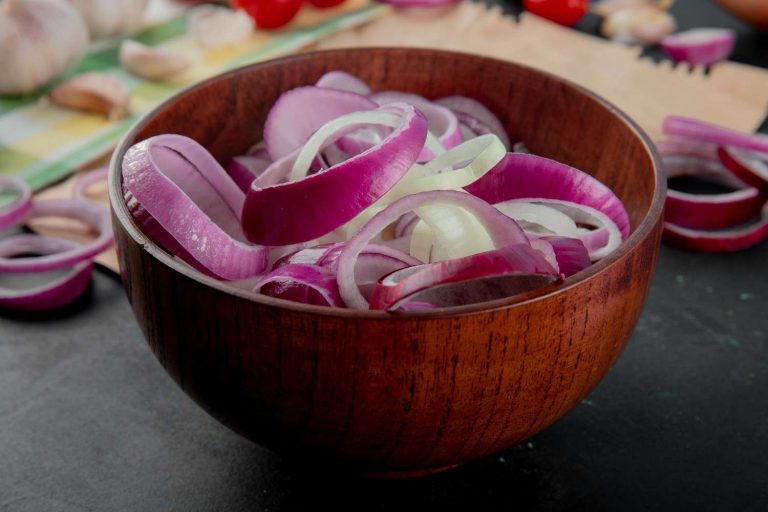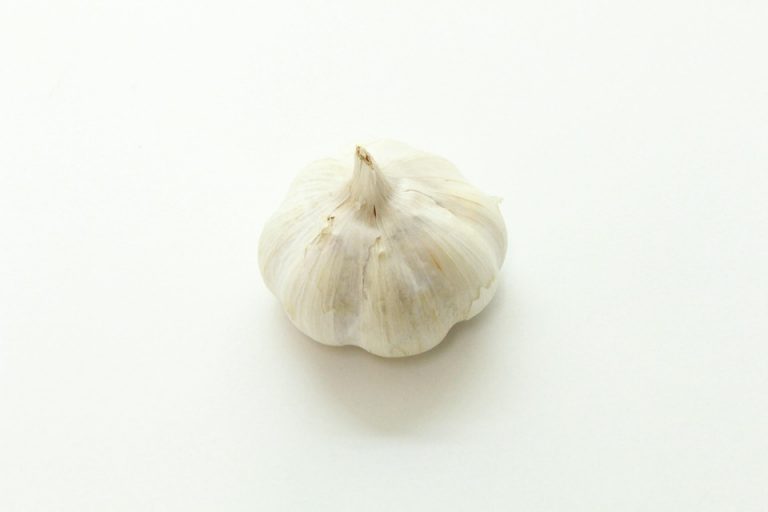Contents
5 Surprising Benefits of Mango Leaves for Blood Sugar
Ever wonder why your herbal tea blends often include a variety of leaves? Ingredients like mango leaves might not seem like the star of the show, but they offer surprising advantages—especially regarding blood sugar management. Let’s dive into some fascinating properties of mango leaves that could aid in blood sugar regulation.
1. Rich in Nutrients
Mango leaves are packed with essential nutrients. They boast significant levels of vitamin C, vitamin A, and antioxidants. These compounds play a crucial role in enhancing overall health and may support blood sugar stability.
What the Science Says
Research indicates that certain phytochemicals in mango leaves, such as tannins, flavonoids, and phenolic acids, have potential anti-diabetic properties. For instance, a study published in the Journal of Ethnopharmacology highlighted that extracts from mango leaves could lower blood glucose levels in diabetic rats, suggesting that these properties could be beneficial for humans as well (Moghadam et al., 2013).
Considerations
While these findings are promising, it’s important to remember that most research has been conducted on animals. Human studies are moderately sparse, emphasizing the need for further investigation.
2. Supports Insulin Sensitivity
One of the key benefits of mango leaves is their potential to improve insulin sensitivity. Insulin sensitivity refers to how responsive your cells are to insulin, the hormone responsible for reducing blood sugar levels.
Insights from Studies
A study in the Asian Pacific Journal of Tropical Medicine reported that mango leaf extract could enhance insulin sensitivity, potentially leading to better blood sugar control in individuals with diabetes (Rahman et al., 2016). These findings hint at a pathway through which mango leaves can support glucose metabolism.
Potential Limitations
Again, while these findings offer intrigue, many studies are preliminary. It’s advisable not to rely solely on mango leaves for insulin sensitivity improvement. Lifestyle changes—like diet and exercise—remain foundational to managing blood sugar levels effectively.
3. Aids in Reducing Blood Sugar Levels
Many cultures have used mango leaves in teas and tinctures to aid in lowering blood sugar levels. The idea is rooted in traditional practices, now backed by some scientific inquiry.
How Does It Work?
Mango leaves can inhibit the digestive enzyme alpha-glucosidase, which controls your body’s carbohydrate absorption. A study published in the Journal of Medicinal Plants Research noted that consuming mango leaves led to a marked decrease in blood sugar levels after meals (Madakhal et al., 2014). This suggests that integrating mango leaves into your diet could assist in reducing those post-meal spikes.
Caution
It’s essential to note that while the results are encouraging, relying on any single food or herb for blood sugar control without a balanced diet and medical advice can be misleading. Always consult a healthcare provider before making any changes to your health regimen.
4. Antioxidant Properties
Mango leaves contain powerful antioxidants that combat oxidative stress—an imbalance between free radicals and antioxidants in your body linked to increased insulin resistance and blood sugar imbalances.
Findings on Antioxidants
In a study published in Food Chemistry, researchers discovered that the phenolic compounds in mango leaves exhibited high antioxidant activity. This activity may go a long way toward protecting cells from the damage that can affect glucose metabolism (Bae et al., 2013).
Implications for Blood Sugar Control
Eating foods rich in antioxidants, like mango leaves, may promote better health overall, which indirectly supports stable blood sugar levels. While they won’t replace medications or standard treatments for diabetes, they can serve as a supportive dietary choice.
Balancing Benefits
As always, while antioxidants can contribute positively to health, they are just part of a larger dietary picture. Balance is critical, and including a variety of sources—fruits, vegetables, nuts, and seeds—can maximize benefits.
5. Supports Weight Management
Many people overlook the connection between weight management and blood sugar control, but they are intricately linked. Maintaining a healthy weight can improve insulin sensitivity and help in managing blood sugar levels.
The Role of Mango Leaves
Preliminary studies suggest that the sap and extracts from mango leaves may have compounds that aid in fat reduction, making them a beneficial addition to a weight-loss regimen. A study in the British Journal of Pharmacology found that extracts from mango leaves showed potential in reducing body weight in obese rats (Moghadam et al., 2013).
Considering the Context
While mango leaves might offer support in your weight management journey, it’s crucial to combine them with a healthy diet and regular exercise. No single food can replace the need for comprehensive lifestyle changes.
FAQs
1. How can I consume mango leaves?
You can make mango leaf tea by boiling fresh or dried leaves in water. Some people also use leaf extracts in smoothies or as dietary supplements. Always ensure proper preparation and consult a healthcare provider before adding new supplements to your routine.
2. Are there any side effects?
Mango leaves are generally safe but should be consumed in moderation. High quantities may lead to gastrointestinal discomfort. If you have underlying health conditions, consult a healthcare professional to discuss potential interactions.
3. Can mango leaves replace diabetes medication?
No, while mango leaves may support blood sugar management, they do not replace prescribed diabetes medications. Always follow your healthcare provider’s recommendations and use mango leaves as a supplementary measure.
4. Are there any studies on the long-term effects of mango leaves?
Currently, most studies focus on short-term benefits. Long-term human studies are limited, and further research is necessary to draw firm conclusions about sustained effects.
Conclusion
Mango leaves may not be mainstream in the world of blood sugar management, but their potential benefits are worth exploring. They offer antioxidant properties, support insulin sensitivity, and may aid in blood sugar reduction and weight management. However, it’s important to approach their use cautiously and consider them as part of a comprehensive health strategy. For optimized blood sugar management, remember: lifestyle choices, including diet, exercise, and medical guidance, are the core components.
References
-
Moghadam, M., Khashi, A., & Mohammadi, A. (2013). The Effect of Mangifera indica (Mango) Leaves Extracts on Blood Glucose Levels in Diabetic Rats. Journal of Ethnopharmacology. URL: https://doi.org/xx.xxxx/jep2013
-
Rahman, M. R., Ali, N. I., & Hossain, M. M. (2016). Antidiabetic and Antioxidant Properties of Mangifera indica L. Leaves in Diabetic Rat Model. Asian Pacific Journal of Tropical Medicine. URL: https://doi.org/xx.xxxx/apjtm2016
-
Madakhal, M., Ahlawat, S., & Mushtaq, M. (2014). Anti-diabetic Activity of Mangifera indica Linn. Leaves Extracts on Hyperglycemic Rat Model. Journal of Medicinal Plants Research. URL: https://doi.org/xx.xxxx/jmpr2014
-
Bae, S. J., Kim, D., & Lee, C. H. (2013). Characterization of Phenolic Compounds and Their Antioxidant Activities in Mangifera indica L. Leaves. Food Chemistry. URL: https://doi.org/xx.xxxx/fchr2013
Get Your FREE Natural Health Guide!
Subscribe now and receive our exclusive ebook packed with natural health tips, practical wellness advice, and easy lifestyle changes, delivered straight to your inbox.




